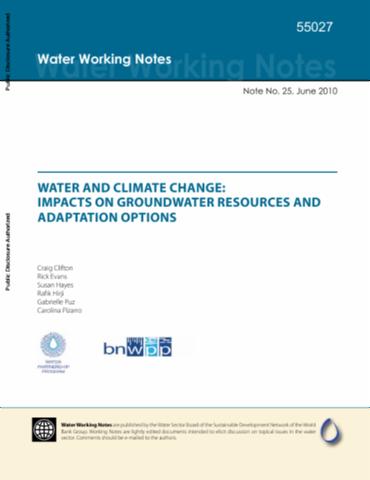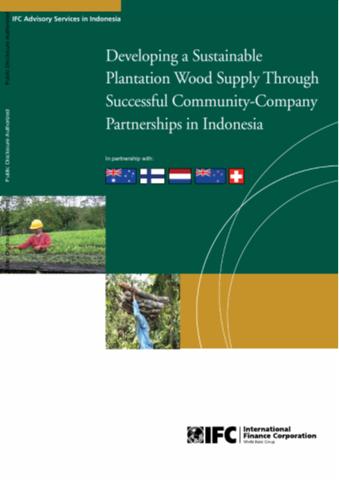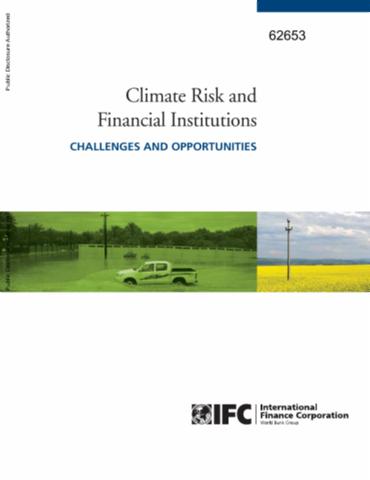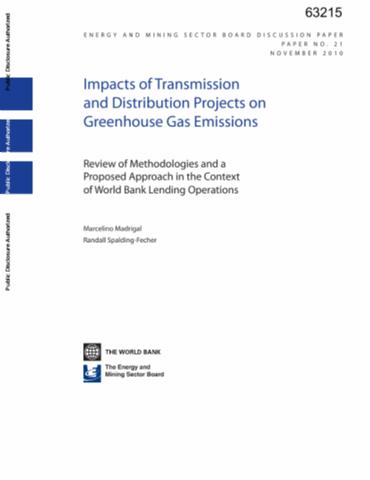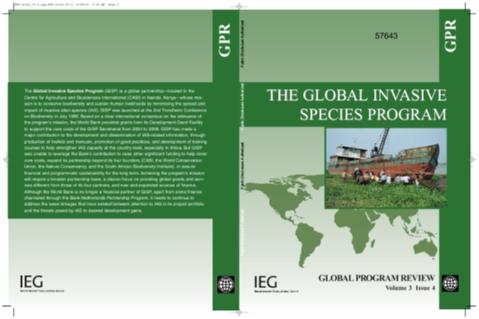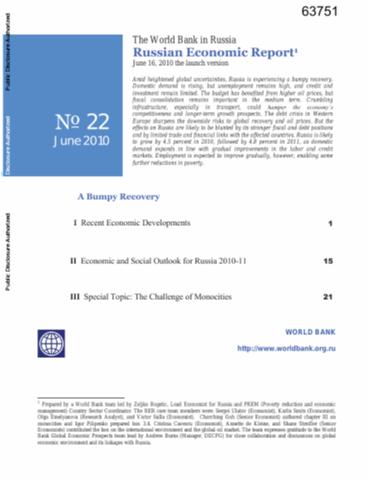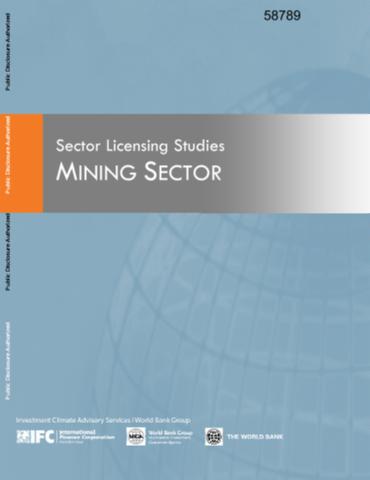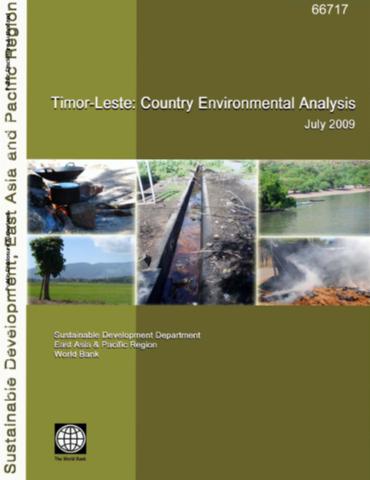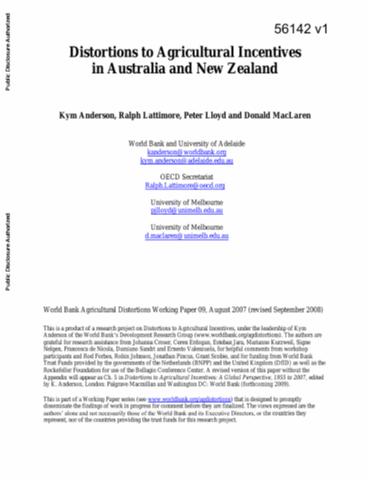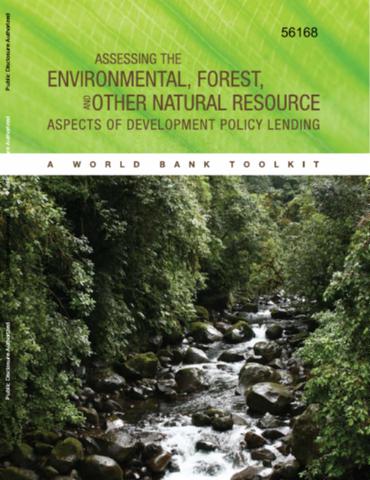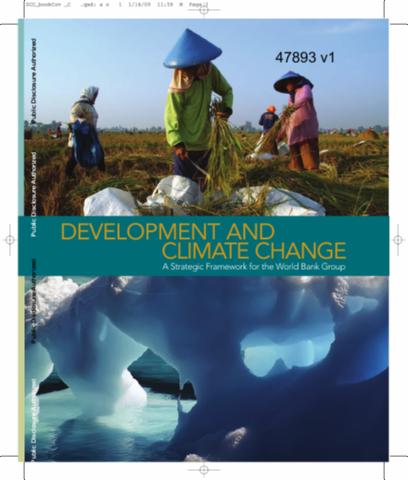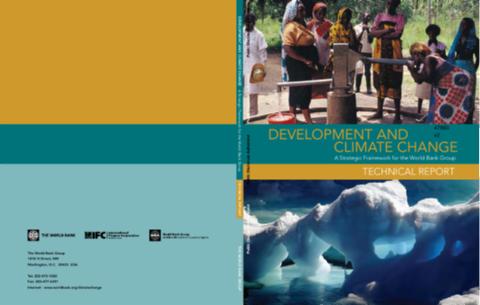Water and Climate Change
Adaptation to climate impacts on groundwater resources in developed and developing countries has not received adequate attention. This reflects the often poorly understood impacts of climate change, the hidden nature of groundwater and the general neglect of groundwater management. Many developing countries are highly reliant on groundwater. Given expectations of reduced supply in many regions and growing demand, pressure on groundwater resources is set to escalate. This is a crucial problem and demands urgent action.

